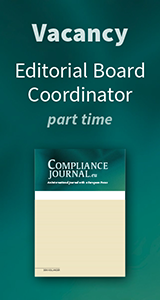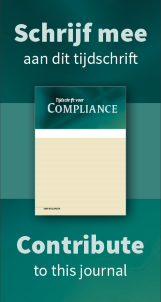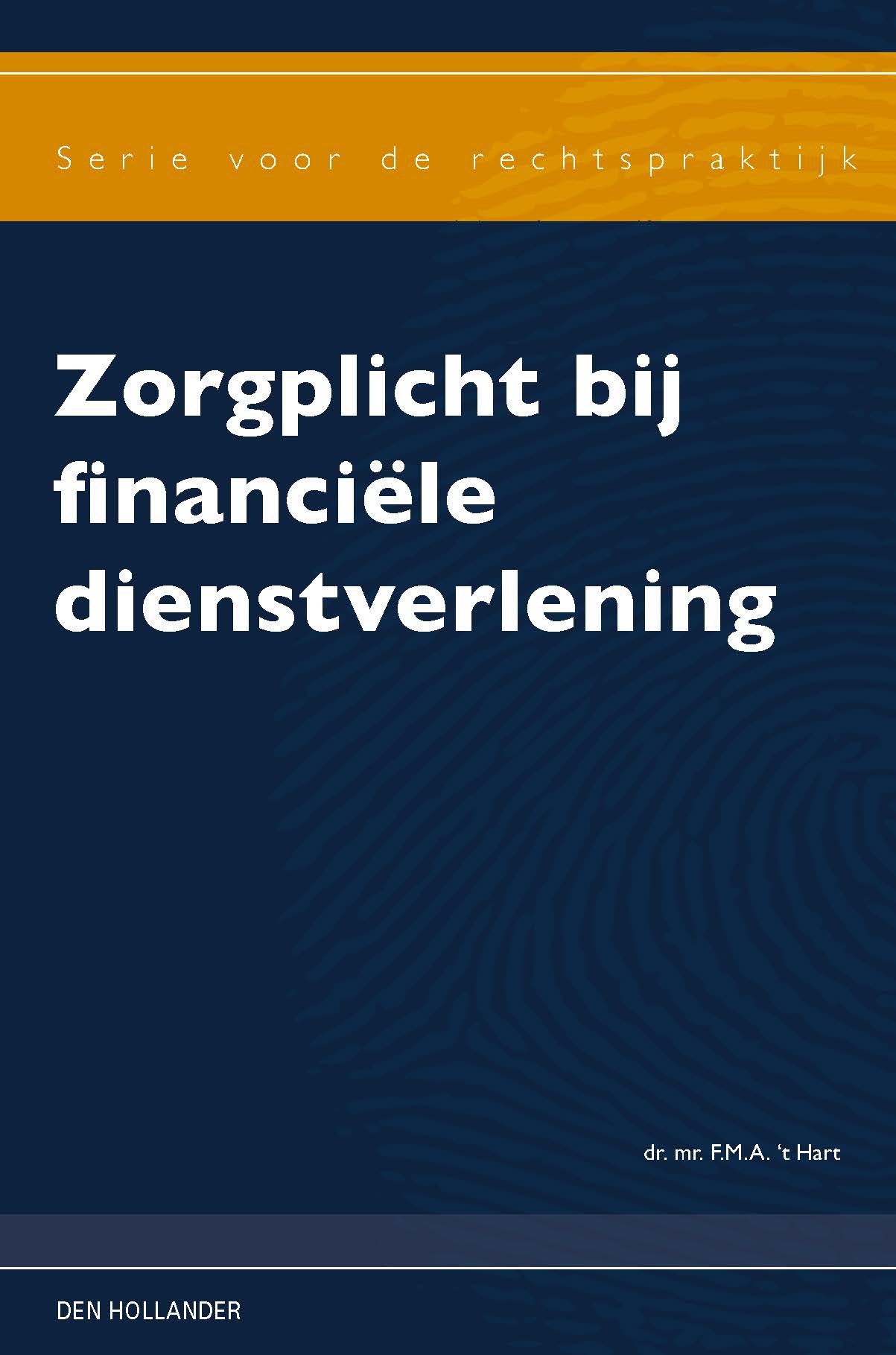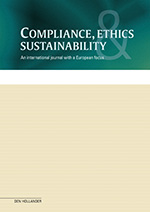The hazards of blowing the whistle and how to protect those who speak up
Kim Loyens1Artikel kopen € 79,00 excl. BTW
In plaats van abonneren kunt u dit artikel ook afzonderlijk kopen.
What we (still not) know from whistleblowing research
Whistleblowers often experience retaliation. Speaking up is risky, especially in sectors with implicit rules to keep silent when colleagues behave unethically. Whistleblower protection legislation is one way to reduce these risks, but it requires whistleblowers to undergo years of judicial procedures that cannot prevent harm from being done. More efforts are needed within organizations to create speak-up cultures in which employees feel safe to voice concerns and leaders are willing to not only emphasize moral rules but also to live by them.
1. Whistleblowing as a controversial phenomenon
Whistleblowing is generally described as an important prosocial activity in which current or former employees disclose information about practices that are ‘illegal, immoral or illegitimate’2 to agencies or individuals who can take action. In many societal domain...
U heeft op dit moment geen toegang tot de volledige inhoud van dit product. U kunt alleen de inleiding en hoofdstukindeling lezen.
Wanneer u volledige toegang wenst tot alle informatie kunt u zich abonneren of inloggen als abonnee.




